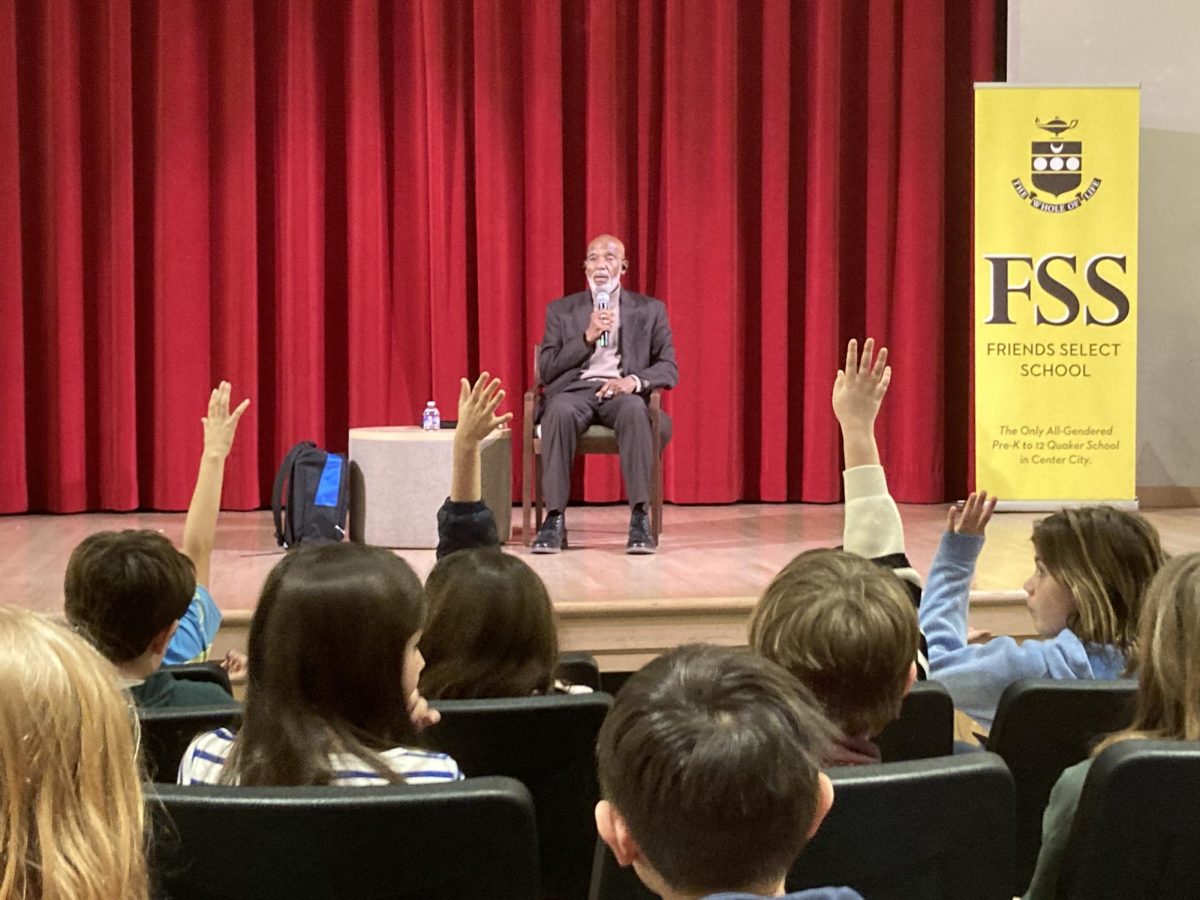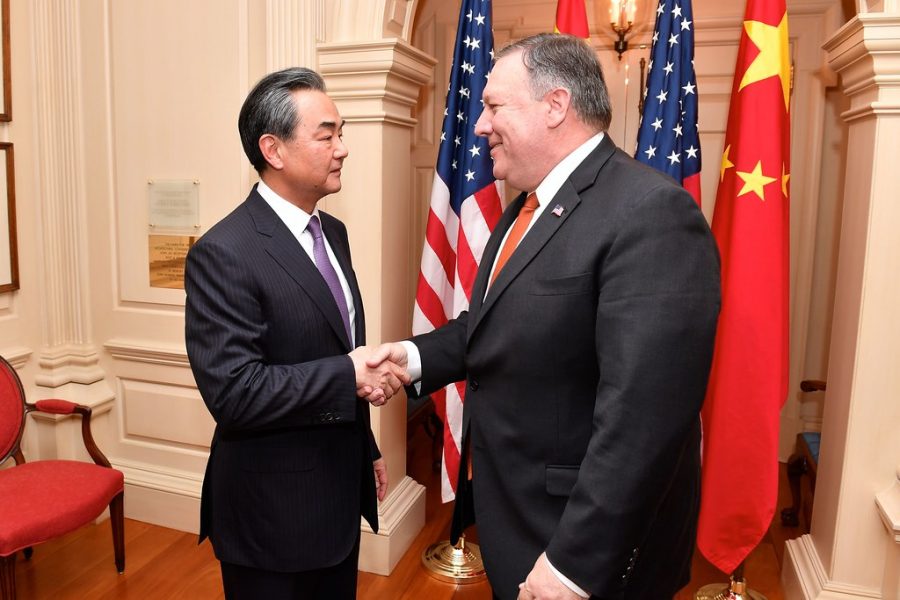Friends Select Should Add Modern Chinese History to Core Curriculum
Every upper school student at Friends Select is required to take a standard grade-wide history class in 9th, 10th, and 11th grade. These three classes build upon each other to give students a comprehensive view of world history from the ancient and medieval world (9th grade) to the 19th and 20th centuries (10th grade) to modern American history (11th grade). In this curriculum, students encounter material from world-defining events like the Scientific Revolution, World War I, and the Holocaust. However, one impactful and pertinent contemporary topic is noticeably omitted: the relationship between the United States of America and China.
Many experts believe that the U.S. and China are the 21st century’s only global superpowers; Niall Ferguson of the Boston Globe deemed China’s rapid ascent to the global stage “the great economic and political fact of our lifetime.” Friends Select alum and accomplished historical commentator Rudyard Lynch ‘19 asserts that “the next chapter of history will be written most of all in the halls of Beijing and Washington.”
If China’s role in world politics is so crucial, why do Friends Select students learn so little about its culture and political significance? In my time at FSS, my classmates and I have learned only of the Han Dynasty, an important but ancient representation of Chinese culture.
Additionally, an education in the social, economic, and political importance of modern China would give FSS students from the United States and China the opportunity to discuss the cultures of both groups, rather than just that of American students. “It would be really helpful if students were exposed to media from China as well. It is really important to get a view from both perspectives, even if they are extremely different,” says Tony Lian ‘21 (from Longyan, Fujian Province).
Even if they are not explored in the classroom, U.S.-China issues are discussed frequently among the student body. American and Chinese students converse on geopolitical issues, post politically charged content on social media, and wear protest clothing. Events like the U.S.-China Trade War and the Hong Kong independence protests are hot-button issues among members of the student body, yet they are rarely explored in history classes. Discussions on these topics could bring more personal interest and passion into the classroom.
According to history teacher Peter Sun, changes to the history curriculum may come soon. “We’ve (Peter and Brian) discussed 9th and 10th grade shifting towards a Modern World 1 and 2, which would mean that there would be coverage of modern China in the 20th and 21st centuries,” says Peter. This change would give students the opportunity to investigate events like the establishment of the People’s Republic, the Great Leap Forward, and the Tiananmen Square Massacre. These topics are currently covered in Peter’s Asian American history class, which will be offered next spring.
However, some Chinese students worry that a study of China would result in an unintentionally editorialized education. “Just please teach it objectively,” says Aaron Li ‘21. “Because the relationship between the two countries is so delicate, sometimes the teachers might see some partial resources and teach students that there is a hostile situation in China.”
While I am not qualified to suggest the exact approach FSS should take in teaching the history and modern role of China, I do hope that the school incorporates a study of China into its curriculum. Considering the increasingly important role of China in geopolitics, a baseline understanding of its political bent and relationship with the United States would be extraordinarily beneficial to students about to enter the outside world.























